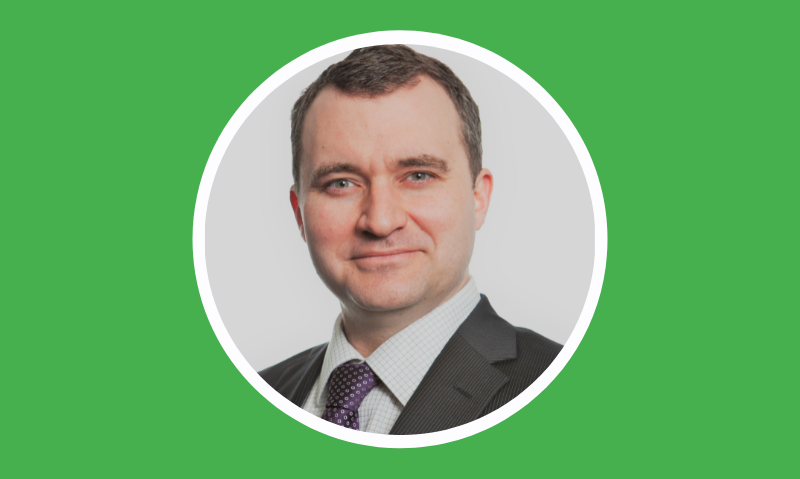How fund operators can achieve a balanced approach to management
Gary Brackenridge, Global Head of Asset Management, Linedata, explains how organisations need to modernise their talent management ideas to keep employees happy and operations running smoothly.
Fund Operator Editor POSTED ON 4/14/2022 2:32:42 PM
 Gary Brackenridge, Global Head of Asset Management, Linedata
Gary Brackenridge, Global Head of Asset Management, Linedata
Fund operators are in dire need of fresh perspectives to better utilise human resources after the pandemic, and the negative effects of getting it wrong should not be ignored, says Gary Brackenridge, Global Head of Asset Management, at France-headquartered software development firm Linedata.
In Clear Path Analysis’s report Fund Technology, Data & Operations, North America, industry leaders from companies including Pzena Asset Management, Russell Investments, and S&P Dow Jones look at the best ways funds can manage operation fields such as data and talent.
"Our industry is a knowledge industry, and it takes real experience and expertise to provide good operational support to businesses"
In the report, Brackenridge was asked about the effects of the great resignation, and as millions of employees in all walks of life rethought their job experiences and work-life balance, what challenges did this pose for operational leaders in asset management.
“Our industry is a knowledge industry, and it takes real experience and expertise to provide good operational support to businesses,” he said.
At the resignation wave’s peak at the end of last year, almost 35 million people quit their jobs in 2021 in the US, with 4.4 million of those departing in September alone, according to the US Labor Department.
"How do you get a new employee to feel that they are part of the team and establish that trust? The job market is now dislocated globally, meaning that the skills required versus those available are disproportionate"
“Recently, there has been a dynamic change in the employment space, globally, highlighting that key-person risk is a front and centre issue,” Brackenridge said. “This issue also concerns attracting and maintaining talent in a post-pandemic environment. How do firms provide that sense of community and culture and increase job satisfaction in these uncertain times? How do you onboard someone new during these circumstances? How do you get a new employee to feel that they are part of the team and establish that trust? The job market is now dislocated globally, meaning that the skills required versus those available are disproportionate.”
Asset management and fund operating firms have said they struggled with onboarding and talent acquisition and retainment through the pandemic. Some even froze new hires until in-office working was resumed, or other stringent methods are undertaken.
Recruitment firms said this perceived lack of suitable candidates was often the financial services industry’s own problem due to failing to move with the times on job characteristics. “Today’s employees are interested in more than a big salary,” said one US recruitment firm in a recent blog. “In addition to competitive compensation and benefits, they prefer job characteristics typically associated with technology unicorns and start-ups: innovative work, plentiful developmental opportunities, and flexibility that allows for a strong work-life balance.”
“Firms must also understand what direction they want to take with their technology. Do you want to build or buy your technology?"
As a result, they added, potential employees who were under forty (i.e., the so-called millennial generation) and other talent have begun to flock to technology companies in greater numbers than to financial services due to this improved work-life balance.
Brackenridge reiterates these points in his own answers. “Firms must also understand what direction they want to take with their technology. Do you want to build or buy your technology? These are all fascinating questions that have been brought to organisations’ attention during this pandemic,” he said.
To read the report in full, please click here.
Please Sign In or Register to leave a Comment.
SUBSCRIBE
Get the recent popular stories straight into your inbox







